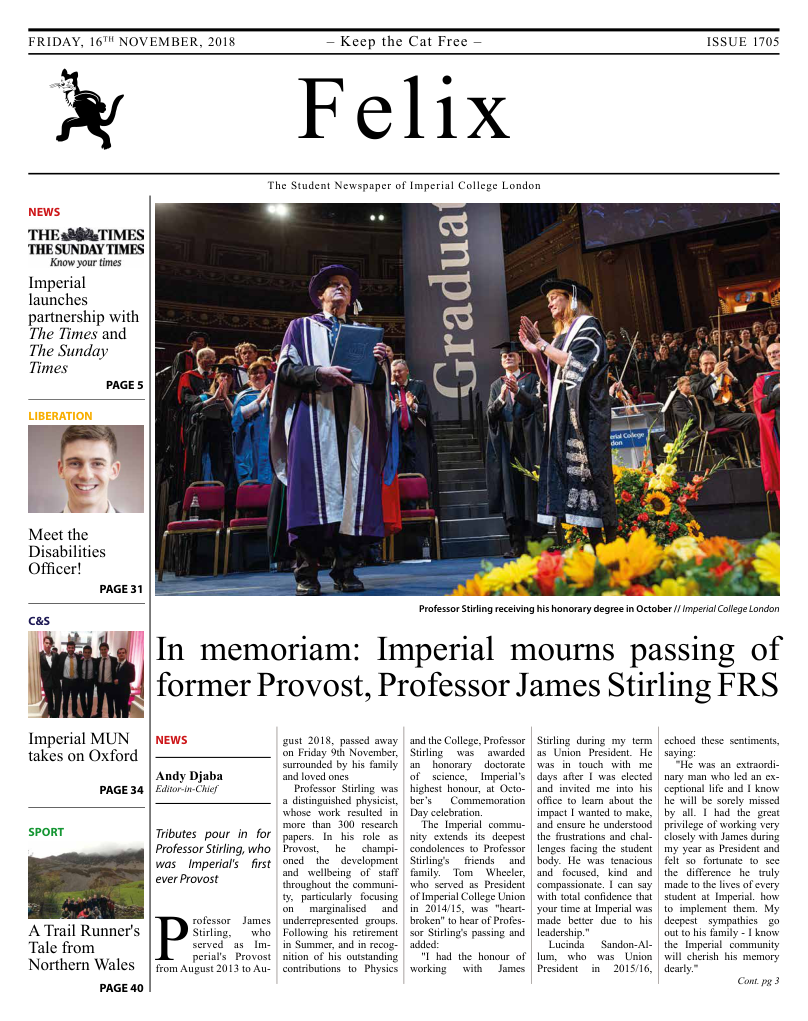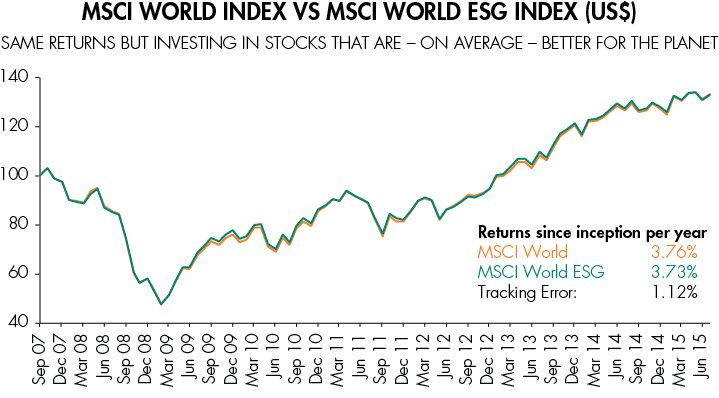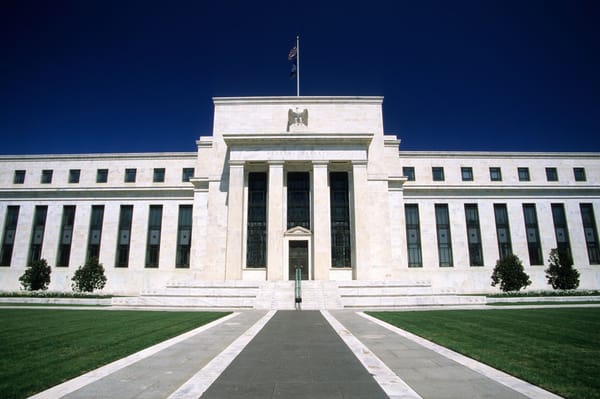Why share buy backs are big on wall street now

The Economist has called them “an addiction to corporate cocaine.” Reuters has called them “self-cannibalization.” The Financial Times has called them “an overwhelming conflict of interest.” In an article that won the HBR McKinsey Award for the best article of the year, Harvard Business Review has called them “stock price manipulation.” These influential journals make a powerful case that wholesale stock buybacks are a bad idea—bad economically, bad financially, bad socially, bad legally and bad morally. Yet despite these powerful denunciations, stock buybacks not only continue but are happening at a larger scale than ever seen before. And this raises the question of why, how, what, who, when and where?
To answer a few of these questions, let’s first see what share buy backs are. Share buy backs are when a company that issued the shares repurchases the shares back from its shareholders. During a buyback, the company pays shareholders the market value per share. With a buyback, the company can purchase stocks on the open market or from its shareholders directly. Share buybacks are a popular method for returning cash to shareholders.
Why do companies do them? This can be for multiple reasons. For mammoth companies like Apple which are sitting on a huge pile of cash reserve ($250 billion), carrying this amount of equity capital on the balance sheet becomes more of a burden than a blessing, as shareholders demand returns on their investments in the form of dividends which is a cost of equity.The business is essentially paying for the privilege to access funds it isn’t using. Buying back some or all of the outstanding shares can be a simple way to pay off investors and reduce the overall cost of capital. These huge buybacks not only preserve the value of the stocks but also boost them as it drives an influx of investors.
On next week’s article, we will continue to examine benefits of share buybacks but also see why they are unpopular and even seen by some as stock price manipulation.









